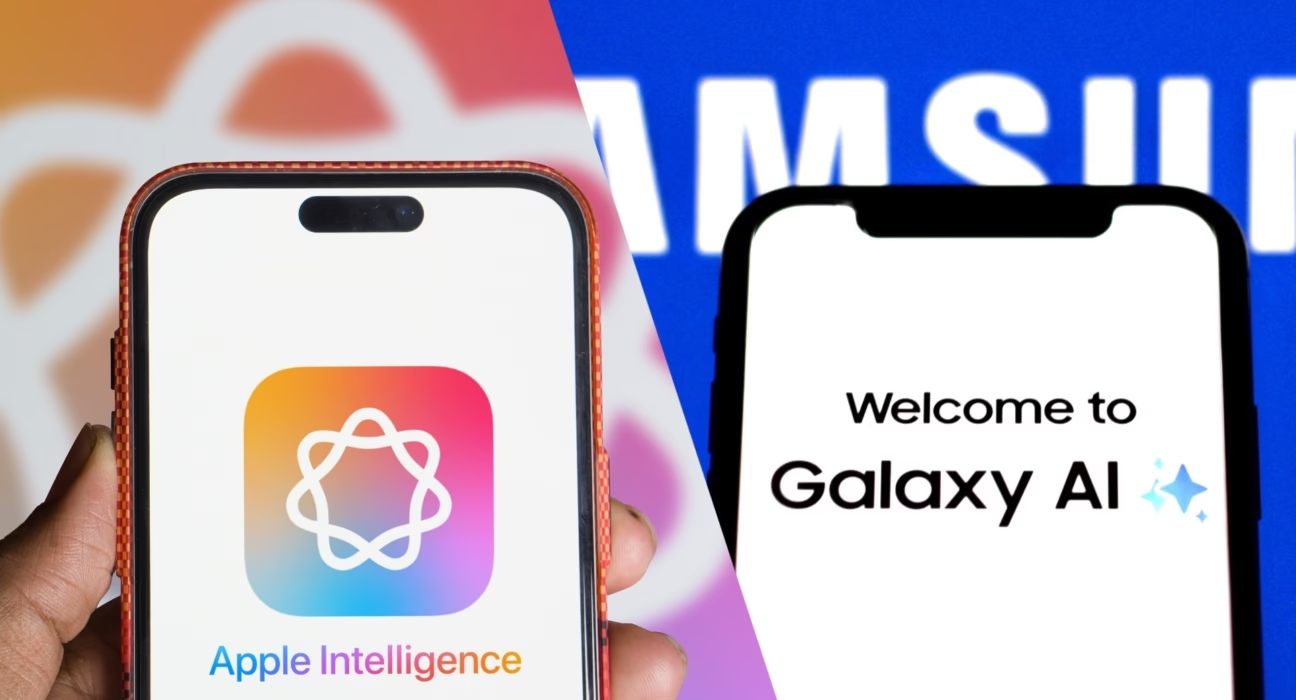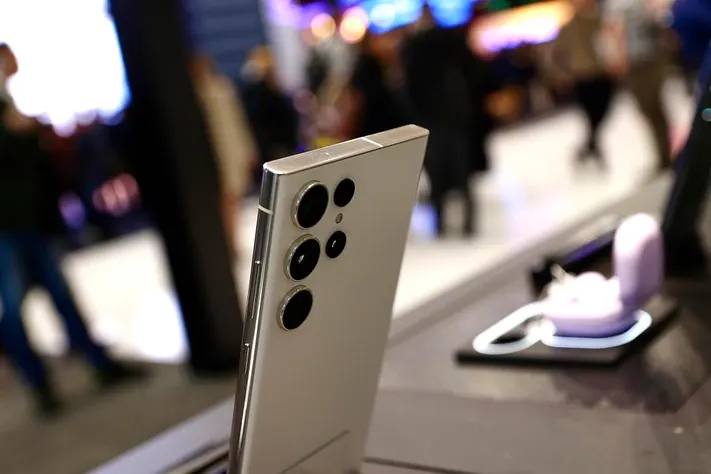The Intelligent Handset: Understanding AI Features in Upcoming Smartphones
Estimated reading time: 10 minutes
Key Takeaways
- AI features in upcoming smartphones are no longer a distant dream but a present reality, becoming a primary differentiator in the market.
- AI is fundamentally changing how we interact with our devices, making them more intuitive, personalized, and powerful.
- Consumers actively seek information on the best camera phone with AI 2025 and explore new smartphone AI capabilities.
- Understanding these advancements, informed by AI powered smartphone reviews, is crucial for making informed purchasing decisions.
- The landscape is defined by cutting-edge smartphone AI technology that enhances everything from photography to daily productivity.
- Modern smartphones are increasingly defined by AI, with AI features in upcoming smartphones becoming a primary differentiator for buyers.
- AI now guides consumer decisions, especially for users seeking the best camera phone with AI 2025 and those comparing AI powered smartphone reviews.
- The goal is to review how new smartphone AI capabilities shape the experience and help readers find top contenders for 2025.
Table of contents
- The Intelligent Handset: Understanding AI Features in Upcoming Smartphones
- Key Takeaways
- Demystifying New Smartphone AI Capabilities: The Engine Under the Hood
- The AI-Powered Camera: Redefining Mobile Photography
- Beyond the Lens: AI’s Expanding Role in Your Smartphone Experience
- Spotlight on Cutting-Edge Smartphone AI Technology: What’s Next?
- Making Sense of AI Features in Upcoming Smartphones: What to Look For
- How to Evaluate “AI Powered Smartphone Reviews” for Smart Purchasing
- Your Guide to Finding the Best Camera Phone with AI in 2025
- The Intelligent Future is Now: Embracing AI in Your Next Smartphone
- Frequently Asked Questions
The idea of artificial intelligence enhancing our smartphones is no longer a distant sci-fi concept. It’s here, and it’s rapidly becoming a cornerstone of how we interact with our most personal devices. As we look towards the future, particularly in the realm of AI features in upcoming smartphones, it’s clear that these intelligent capabilities are moving from niche enhancements to defining characteristics. This transformation is making our phones more intuitive, personalized, and significantly more powerful than ever before.
Our objective with this guide is to demystify these advancements. We aim to equip you with the knowledge needed to make informed decisions, whether you’re searching for the best camera phone with AI 2025 or simply trying to understand the scope of new smartphone AI capabilities. We’ll draw insights from various AI powered smartphone reviews and highlight the cutting-edge smartphone AI technology that is shaping the mobile landscape.
The evolution is undeniable. AI is no longer just about predictive text; it’s about creating a symbiotic relationship between user and device. As you navigate the market, understanding these AI-driven features will be key to unlocking the full potential of your next smartphone.
Demystifying New Smartphone AI Capabilities: The Engine Under the Hood
When we talk about “AI” in the context of smartphones, it’s important to understand that this refers to a sophisticated suite of algorithms designed to enable devices to learn, adapt, and perform tasks with a level of intelligence that mimics human cognition. These are not simple programmed responses; they are dynamic systems that evolve with your usage.
A significant technological leap is the increasing processing of AI tasks directly **on-device**. This is largely thanks to remarkable advancements in Neural Processing Units (NPUs) and the sophisticated architecture of generative models.

*Why is on-device processing so important?*
It means faster responses because data doesn’t need to travel to a cloud server and back. More importantly, it significantly enhances user privacy, as sensitive personal data often remains securely on the phone itself, reducing the risk of breaches.
These core new smartphone AI capabilities manifest in several user-facing ways:
- Personalized Content Recommendations: Your phone learns your habits and preferences to suggest articles, videos, music, and apps you’re likely to enjoy.
- Context-Aware Assistance: AI can anticipate your needs based on your location, calendar appointments, or even the time of day, suggesting relevant actions or information. For instance, it might remind you to leave for an appointment based on current traffic conditions.
- Adaptive User Interfaces: Your phone’s interface can learn your preferences, such as which apps you use most frequently at certain times, and adjust to make them more accessible, streamlining your workflow.
AI in smartphones extends beyond the buzzword, driven by on-device AI processing, generative models, and advanced neural engines. Phones now run AI tasks locally, offering faster results and improved privacy since personal data doesn’t always leave the device. New smartphone AI capabilities include personalized recommendations, context-aware assistance, and custom home screen layouts that adapt to the user’s needs.
The AI-Powered Camera: Redefining Mobile Photography
Perhaps one of the most visible and impactful applications of AI in smartphones is within the camera system. For anyone looking for the best camera phone with AI 2025, understanding these advancements is paramount. AI is dramatically improving image quality, user experience, and creative possibilities.
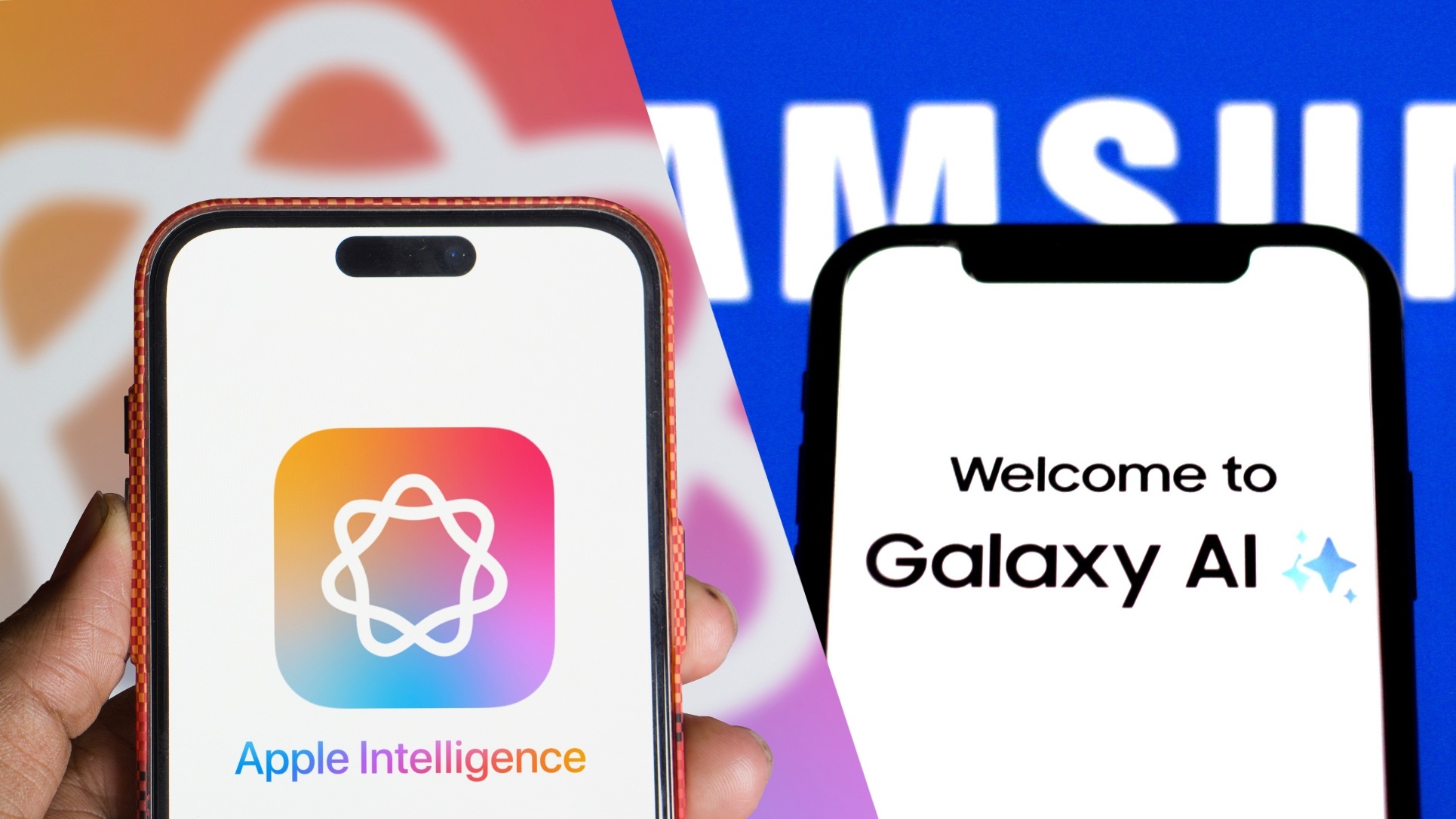
Here are some of the key AI-driven camera enhancements you can expect:
- Enhanced Low-Light Performance: AI algorithms are exceptionally adept at processing images captured in challenging low-light conditions. They intelligently reduce noise, boost brightness, and reveal fine details that would otherwise be lost, producing stunning shots even after sunset.
- Intelligent Scene Recognition and Optimization: Your phone’s camera can now identify what you’re shooting – whether it’s a sweeping landscape, a close-up portrait, a delicious meal, or a nighttime city scene. The AI then automatically adjusts settings like exposure, color balance, and focus to ensure the best possible outcome for that specific scenario.
- AI-Powered Portrait Modes: Beyond simple background blur (bokeh), AI enables sophisticated portrait modes. It can precisely distinguish the subject from their surroundings, creating a more natural and professional-looking depth-of-field effect. Advanced subject detection also leads to sharper focus on the intended person.
- AI for Object Removal or Enhancement: Imagine a perfect photo ruined by an unwanted passerby or a distracting element. AI tools are emerging that allow users to seamlessly remove these unwanted objects from photos, or intelligently enhance specific parts of an image to improve its overall composition.
- Advanced Video Stabilization and Editing: Shaky video footage can be a thing of the past. AI offers superior stabilization, smoothing out hand movements for cinematic quality. Furthermore, AI-assisted editing features provide intuitive tools for quick enhancements and adjustments, making video creation more accessible.
Top contenders often cited in AI powered smartphone reviews for their camera prowess include models like the Samsung Galaxy S25 Ultra and the Google Pixel 9/10 Pro. These devices are at the forefront, pushing the boundaries of what’s possible with computational photography.
AI is revolutionizing mobile photography by enabling: Enhanced low-light performance via smart exposure and noise reduction. Scene recognition and optimization that automatically adjusts settings for landscape, portrait, or night shots. Portrait modes (bokeh, subject detection) and object removal tools for improved editing flexibility. Advanced video stabilization, real-time enhancements, and intuitive AI-powered editing suites. These advancements are at the core of selecting the best camera phone with AI 2025, as seen in top models like the Samsung Galaxy S25 Ultra and Google Pixel 9/10 Pro.
Beyond the Lens: AI’s Expanding Role in Your Smartphone Experience
While the camera often steals the spotlight, the influence of AI extends far beyond photography. It touches nearly every facet of your smartphone’s functionality, aiming to make your daily interactions smoother, more efficient, and more personalized.
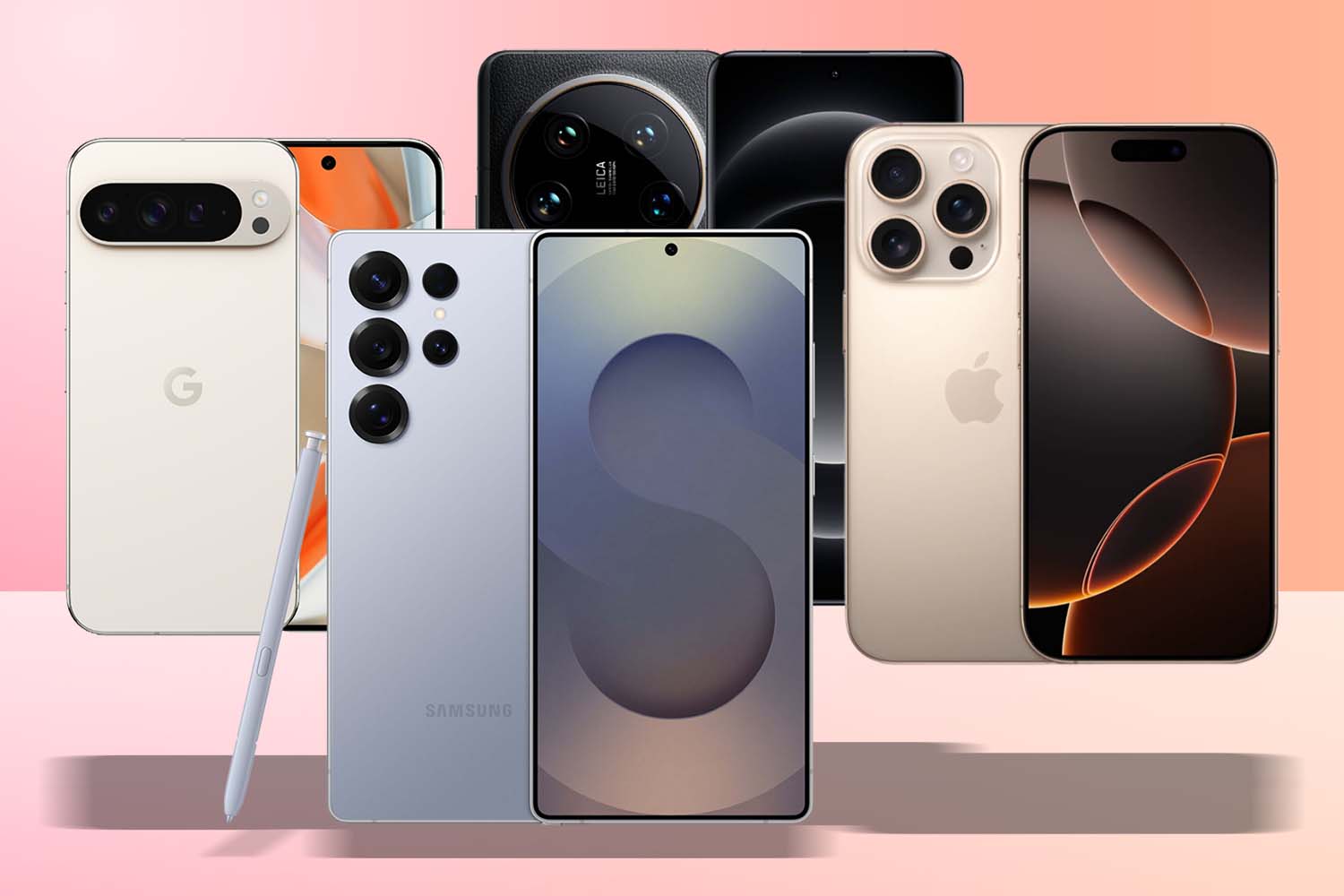
Let’s explore some of these crucial integrations:
- Performance Optimization: AI actively works behind the scenes to manage your phone’s resources. This includes optimizing battery life by learning your usage patterns and predicting which apps you’ll need next to load them faster. It dynamically allocates system resources, ensuring a smoother, more responsive experience whether you’re gaming or multitasking.
- Enhanced User Experience: This is where personalization truly shines. AI fuels hyper-personalized content feeds, making your news and social media streams more relevant. It powers more sophisticated voice assistants that can understand natural language nuances and even emotional cues, leading to more helpful and human-like interactions. Predictive text becomes remarkably accurate over time, learning your unique vocabulary and writing style.
- Smarter Security: Your privacy and security are increasingly in the hands of AI. Advanced facial recognition systems leverage AI for quicker and more secure unlocking. AI also plays a vital role in proactively detecting malware and suspicious activities, strengthening your device’s defenses against digital threats and enhancing overall privacy settings.
- Optimized Connectivity: AI intelligently manages your device’s connection to Wi-Fi and cellular networks. It can seamlessly switch between them to ensure you always have the fastest and most stable network performance available, whether you’re downloading large files or on a crucial video call.
- Immersive Gaming and Entertainment: The gaming and entertainment experience is being transformed by AI. It contributes to more realistic graphics, enables more intelligent and challenging non-player characters (NPCs) in games, and allows for adaptive audio and visual settings that tailor your media consumption to your environment and preferences.
Performance Optimization: AI manages battery usage, resources, and background tasks for longer life and smoother performance. User Experience: Expect personalized content, advanced voice assistants capable of real-time emotional recognition, and smarter predictive text. Security: AI-driven facial recognition, malware detection, and enhanced privacy settings are now standard in flagships. Connectivity: AI optimizes network switching and data speed. Gaming and Entertainment: Richer graphics, lifelike NPCs, and adaptive audio/visual settings enhance immersion. These capabilities are integral to understanding the broad impact of AI features in upcoming smartphones.
Spotlight on Cutting-Edge Smartphone AI Technology: What’s Next?
The pace of AI development is staggering, and what’s considered cutting-edge today will soon be standard. Looking ahead, several groundbreaking AI advancements are poised to define the next generation of smartphones, pushing the boundaries of what we believe is possible with a handheld device.
One of the most exciting areas is the development of **multimodal AI agents**. Unlike current AI that might focus on one input type (like voice or text), these agents can process and integrate various forms of input simultaneously—speech, text, images, and video. Features like Samsung Galaxy AI are early examples, demonstrating the potential for AI that understands and interacts with the world through multiple senses.

Beyond multimodal capabilities, we’re seeing the emergence of highly advanced applications:
- Real-time Language Translation: Imagine having seamless conversations with anyone, anywhere, regardless of the language barrier. AI is making this a reality, with devices offering instant, natural-sounding translation for both spoken and written communication.
- Sophisticated Health Monitoring: AI is poised to become an integral part of personal health. Smartphones could leverage AI to monitor vital signs, detect anomalies, and provide personalized health insights, potentially acting as an early warning system for various conditions.
- AI Personal Assistants for Complex Tasks: Today’s voice assistants are impressive, but tomorrow’s will be capable of managing far more complex tasks. Think AI assistants that can plan entire trips based on your preferences, manage intricate schedules by negotiating appointments, or even act as a personal tutor for learning new skills—all through natural conversation.
- Generative AI Creative Tools: The ability to create has been democratized by AI. Users will soon be able to generate music, art, or even 3D models from simple text or voice prompts directly on their smartphones, unlocking new avenues for creativity and personal expression.
Phones in 2025 introduce multimodal AI agents capable of integrating speech, text, images, and video inputs (e.g., Samsung Galaxy AI). Real-time translation, health monitoring, and AI personal assistants that plan trips or manage your schedule in natural conversations exemplify cutting-edge smartphone AI technology. Creative tools let users generate music, art, and 3D models with just voice or text prompts. These represent the future of AI features in upcoming smartphones.
Making Sense of AI Features in Upcoming Smartphones: What to Look For
As AI integration becomes more pervasive, it’s clear that AI features in upcoming smartphones are no longer a novelty but the benchmark for new device purchases. The trend is strongly leaning towards more on-device processing, which offers significant advantages in terms of speed and privacy, alongside a richer, more personalized user experience.

When evaluating your next smartphone purchase, pay close attention to these user-facing AI features that are becoming standard:
- “Circle to Search” and Similar Contextual Actions: This revolutionary feature, pioneered by Google, allows users to identify anything on their screen—an object, text, or image—instantly by simply circling it. Expect similar intelligent, context-aware tools that integrate seamlessly with your browsing and app usage.
- Advanced Writing and Translation Assistants: AI-powered writing tools can now help you rephrase sentences, adjust tone, summarize text, and even draft emails or messages. Combined with real-time translation, these assistants break down communication barriers and boost productivity.
- Powerful Generative Image Editing Tools: The ability to edit photos with AI goes far beyond simple filters. Features like intelligent object removal, background generation, and stylistic transfers allow for sophisticated creative control and photo manipulation directly on your device.
Consumers can anticipate even smarter automation, deeper personalization, and more tasks completed on-device for privacy and efficiency. Flagships now promise features like Circle to Search (quickly identifying anything on your screen), writing assistants, and generative image enhancement. These features are key purchase drivers, making AI features in upcoming smartphones a central focus for 2025 buyers.
How to Evaluate “AI Powered Smartphone Reviews” for Smart Purchasing
Navigating the flood of AI powered smartphone reviews can be challenging. With so much emphasis on AI, it’s crucial to know what to look for to make a truly informed decision. Not all AI features are created equal, and distinguishing genuine innovation from marketing hype is key.

When you’re reading reviews, focus on these critical aspects of AI implementation:
- Real-World Utility: Does the AI feature genuinely save time, simplify a complex task, or significantly improve an outcome? Or is it merely a novelty feature that you might use once or twice before forgetting it exists? Look for practical applications that enhance your daily life.
- Reliability and Accuracy: How consistently do the AI’s recommendations, predictions, or optimizations work? A feature that is accurate only half the time can be more frustrating than useful. Reviews should detail the AI’s performance under various conditions.
- Performance Impact: Does the AI functionality significantly drain the battery or slow down the phone’s overall performance? Some powerful AI computations can be resource-intensive. A good review will assess the trade-offs and whether the AI’s benefits outweigh any performance costs.
- Distinguishing Innovation from Gimmick: This is perhaps the most important factor. Are the AI tools truly transformative—like advanced generative editing or truly context-aware assistants—or are they minor enhancements that offer little tangible value over existing features? Look for reviews that critically assess this distinction.
It is always advisable to seek out independent reviews from sources with a proven track record of thorough testing and honest reporting. Trust reputable tech journalists and publications that prioritize user experience and objective analysis.
To evaluate AI in reviews, check for: Real-world usefulness (time saved, task automation). Reliability of AI recommendations and personalization. Battery impact of on-device AI. Distinguishing “gimmick” features from transformative tools (e.g., generative editing vs. basic filters). Look for independent tests and reputation of AI powered smartphone reviews.
Your Guide to Finding the Best Camera Phone with AI in 2025
For many consumers, the camera is the single most important feature of a smartphone. As AI becomes increasingly integrated into mobile photography, identifying the best camera phone with AI 2025 requires a specific set of evaluation criteria that go beyond megapixel counts and lens apertures.
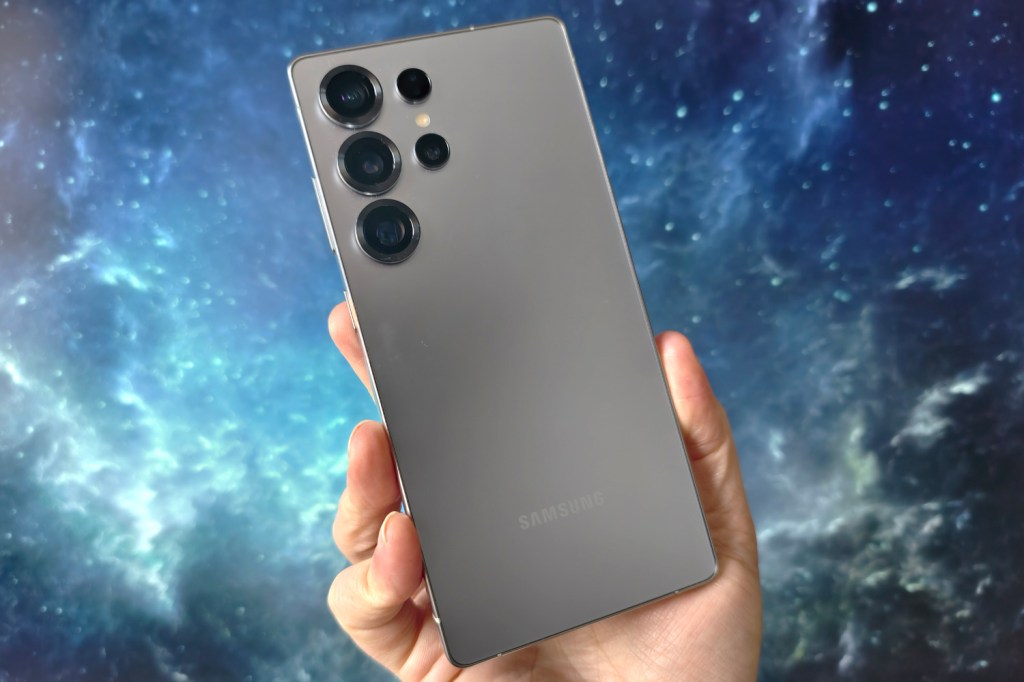
When you’re assessing potential devices, consider these key points:
- Depth of AI Photography Tools: Don’t just look for “AI mode.” Investigate the sophistication of the AI enhancements. How well does it perform in challenging conditions like low light or high-contrast scenes? Does it offer intelligent features for specific scenarios like macro shots or astrophotography? The AI’s ability to adapt and optimize automatically is crucial.
- Generative AI Editing Capabilities: The future of photo editing is generative. Look for phones that offer AI features like intelligent object removal (making unwanted elements vanish seamlessly), scene expansion (extending the background artistically), or style transfer (applying artistic looks to your photos). These tools offer unparalleled creative freedom.
- Seamless Integration: How intuitively do these AI features work within the camera app and the overall user interface? Are they easy to access and control, or do they require navigating through complex menus? A well-integrated AI experience feels natural and unobtrusive, enhancing your photography workflow rather than hindering it.
Based on current trends and AI powered smartphone reviews, leading contenders for the title of best camera phone with AI 2025 often include models like the Samsung Galaxy S25 Ultra, the Google Pixel 9/10 Pro, and potentially devices from brands like Xiaomi (e.g., Xiaomi 14 Ultra). These phones consistently deliver exceptional AI-driven camera performance.
Criteria include: Depth of AI-enhanced photography tools (especially in low-light and complex scenes). Generative AI editing (object removal/expansion). Ease of use and seamless integration. Top models: Samsung Galaxy S25 Ultra, Google Pixel 9/10 Pro, and Xiaomi 14 Ultra are leading the pack for the best camera phone with AI 2025.
The Intelligent Future is Now: Embracing AI in Your Next Smartphone
It’s evident that AI is no longer an optional extra or a mere marketing buzzword in the smartphone industry. It has firmly established itself as a fundamental component of modern smartphone value and innovation. The capabilities AI brings to our devices are rapidly becoming the primary drivers of user experience and device differentiation.

As you consider your next smartphone purchase, it is essential to actively evaluate the depth and genuine utility of AI integration. These capabilities will profoundly shape your daily interactions, unlock new creative endeavors, elevate your photography, and bolster your digital security for years to come. The intelligent features you choose today will dictate how effectively and enjoyably you engage with your digital world tomorrow.
We encourage you to delve deeper into researching specific AI features that appeal to you, read diverse AI powered smartphone reviews, and perhaps even share your own experiences with AI-powered phones in online forums or with friends. Your insights contribute to a more informed consumer landscape.
AI is now fundamental to smartphone value, not just a luxury add-on. Shoppers should closely consider how deeply and usefully AI is integrated, as it will shape workflows, creativity, photography, and security for years to come. The ongoing advancements in AI features in upcoming smartphones and the realization of new smartphone AI capabilities signal a transformative era for personal technology.
Frequently Asked Questions
Q1: What are the most significant AI features to look for in a smartphone in 2025?
A1: Key features include advanced computational photography (especially in low light), generative AI editing tools for photos, intelligent on-device assistants for tasks and productivity, enhanced voice recognition, and predictive performance optimization for battery and speed. Features like “Circle to Search” are also becoming important.
Q2: How does on-device AI processing benefit users?
A2: On-device AI processing offers faster response times because data doesn’t need to be sent to the cloud and back. It also significantly enhances user privacy, as sensitive personal data often remains on the phone rather than being transmitted and stored remotely.
Q3: Is AI making smartphone cameras truly better, or is it just marketing?
A3: AI is making a tangible difference in smartphone camera quality. Features like scene recognition, intelligent low-light enhancement, sophisticated portrait modes, and AI-powered editing tools demonstrably improve image and video results beyond what traditional hardware alone can achieve. This is a core aspect of finding the best camera phone with AI 2025.
Q4: How can I tell if an AI feature in a review is truly useful or just a gimmick?
A4: Evaluate AI features based on their real-world utility and reliability. Ask yourself: Does this feature genuinely save me time or effort? How consistently does it perform? Does it offer capabilities far beyond traditional methods? Distinguishing between transformative tools and minor enhancements is crucial when reading AI powered smartphone reviews.
Q5: Will AI features make smartphones more expensive?
A5: While cutting-edge AI technology can contribute to the cost of flagship devices, its increasing integration means that many AI features are becoming standard across a wider range of price points. The focus is on delivering value through enhanced user experience rather than simply increasing prices.


